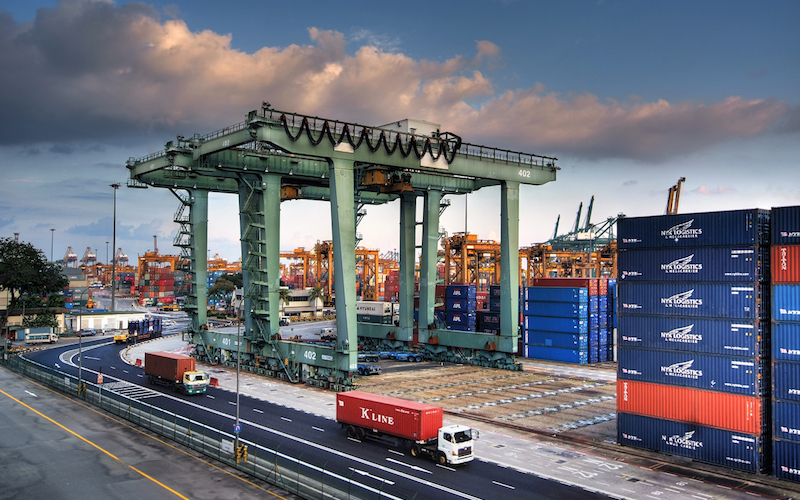
American Voters View Trade and Foreign Investment in the U.S. with Skepticism
Trade and foreign investment are critical components to economic growth and security in a globalized economy. Yet in recent years, intense political rhetoric and domestic economic anxiety are contributing to America’s uncertainty on the benefits of trade. This is a trend that business leaders should recognize as it represents a potential impediment to cross border transactions and multijurisdictional deals. A poll completed in the last week underscores these concerns.
Given the level of hyperbole and political scrutiny, it is no surprise that the American people view trade and acquisitions of U.S. assets by foreign companies skeptically. Although the U.S. has the CFIUS process in place to protect our national security and antitrust laws to protect fair trade and competition, this poll shows the American people are concerned about the national security implications of both trade and foreign investment. Particularly notable is that American voter sentiment is particularly focused on countries such as China that champion their industrial development through the state-owned enterprises, as well as countries that have recently exercised their military muscle against the interests of the U.S., including China and Russia.
Below, we highlight some of the key findings of the poll.
- Likely U.S. voters are worried about foreign companies buying American assets:
- Sixty-seven percent (67%) say it has a negative impact on the U.S. economy;
- Eighty percent (80%) are uncomfortable with takeovers by foreign state-owned enterprises;
- Concerns are across all industries tested in the survey; and
- Concerns are greatest with regards to China, Middle East, and Russia.
- Likely U.S. voters are calling for action to protect U.S. interests
- Ninety-four percent (94%) believe U.S. regulators should take action to protect the competitiveness of U.S. businesses;
- Ninety-one percent (91%) are concerned that China is taking over U.S. assets to bolster its own industries and strategic assets; and
- Seventy-two percent (72%) are concerned that Chinese companies have an unfair advantage.
- These concerns spread across all industries somewhat equally. Of particular note, U.S. voters view food safety as a national security issue:
- Almost 9-in-10 (86%) likely voters view food safety and food security as national security issues; and
- Ninety-three percent (93%) think U.S. government should scrutinize transactions in the agricultural sector more carefully to ensure U.S. food safety as part of the regulatory review process.
These results suggest important implications for U.S. policymakers and companies operating in the global economy. For example, policymakers should consider whether the current regulatory framework (CFIUS and antitrust laws) are sufficient to ensure fair trade and competition in an evolving landscape, particularly when governments in countries are driving industrial policy through ownership and coordination of state-owned enterprises (SOEs). The European Union and Australia both consider such industrial ownership and coordination as part of their antitrust review processes. However, the U.S. does not. American voters may begin to question as to whether or not U.S. regulators have the tools to ensure fair trade and competition.
Foreign corporates, particularly state-owned enterprises, pursuing growth in the West through acquisition should also take note. Skepticism from American voters is likely to continue given the prevailing political climate of today in the U.S. and the public’s anxiety about the country’s economic progress. As a result, unfairly or note, corporates will likely face greater scrutiny from the American public and a more rigorous regulatory approval processes.
For foreign and domestic policymakers, fair trade and competition should be the goal. A level playing field will ensure greater growth and security for all parties in a globalized economy. But all parties should have their eyes wide open. Even the American public has a way to go to be reminded, if not convinced, of these benefits.
Full results of the national poll of likely American voters can be found here:
ASP FDI National Poll March 2016 FINAL






